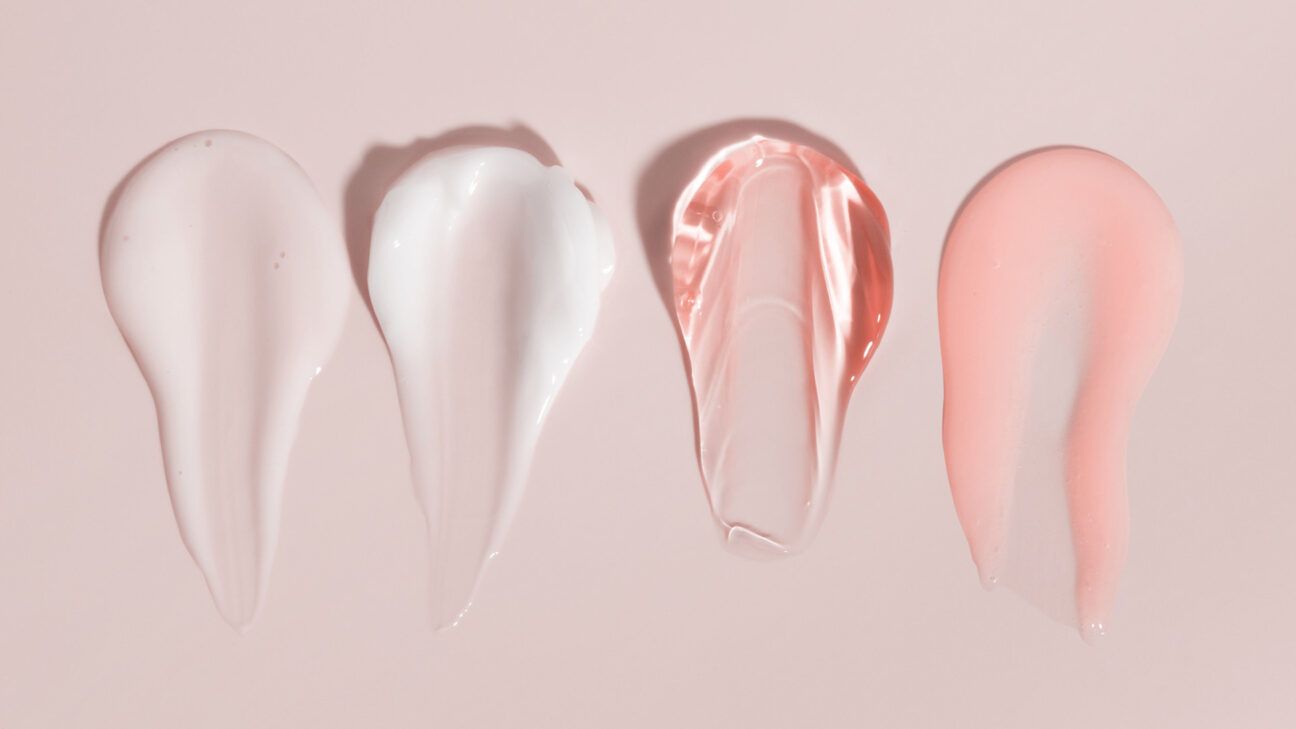
- According to a report, topical acne products have been found to contain benzene, a cancer-causing chemical.
- The testing company says they found that acne products containing benzoyl peroxide can produce high levels of benzene when they are exposed to hot temperatures.
- Benzene is a group one carcinogen, similar to asbestos
Scientists have discovered that many topical acne products contain benzene, a colorless liquid chemical that can increase the risk of cancer.
The testing company Valisure found that acne products that contain benzoyl peroxide can produce high levels of benzene when they are exposed to hot temperatures.
This could occur when the products are kept in a hot car, for example, or stored in a bathroom when a warm shower is running.
Benzoyl peroxide is incredibly common in facial products that target acne and these products are available at major drug stores nationwide.
What is benzene?
Benzene is a group one carcinogen, similar to asbestos and lead, meaning there is enough evidence to conclude the chemical can cause cancer.
Based on its findings, Valisure filed a citizen petition asking the Food and Drug Administration (FDA) to investigate the products further and consider withdrawing them from the market.
“There are many acne products available to use besides benzoyl peroxide. If a patient is concerned enough, then seek an alternative,” Dr. Christopher G. Bunick, MD, PhD, an associate professor of dermatology at Yale School of Medicine and a Yale Medicine dermatologist, told Healthline.
What are the health risks of using skincare products with benzene?
Persistent exposure to low levels of benzene has been directly linked to cancer in humans.
Some researchers believe there is no amount of benzene that is considered safe and that any amount can potentially increase the risk of cancer.
According to the American Cancer Society, the International Agency for Research on Cancer (IARC) has found evidence that benzene exposure can cause acute myeloid leukemia and is further linked to acute lymphocytic leukemia, chronic lymphocytic leukemia, multiple myeloma, and non-Hodgkin lymphoma.
Currently, the FDA prohibits the use of benzene in drug products unless its inclusion is unavoidable — at which point, it cannot exceed a concentration of 2 ppm.
According to Bunick, there’s limited evidence regarding if and how, specifically, skincare products contaminated with benzene can lead to cancer.
“Little attention has been paid to the health risks and consequences of benzene exposure from personal skin care products and medicines,” he said.
That said, recent research from the United Kingdom found that low levels of ambient benzene exposure heightens the risk of death, heart disease, and various cancers.
The risk is associated with long-term use, and immediate, short-term health effects are rarely reported.
“More epidemiology studies are needed, but this report raises enough health concerns that the benzene issue needs to be taken seriously by regulatory agencies and manufacturers,” Bunick said.
How to store and use acne products with benzoyl peroxide
According to Bunick, it’s been known for over 100 years that benzoyl peroxide can break down into benzene.
High temperatures accelerate this process.
In one of Valisure’s testing experiments storing one commonly-used acne product at 158°F — which is roughly the temperature of a hot compact car — for nearly 17 hours produced levels of benzene gas 1,270 times greater than the threshold the the Environmental Protection Agency (EPA) associates with an increased risk of cancer from long-term inhalation exposure.
Another test, in which the acne products were stored at 104°F — which is roughly the temperature of a hot bathroom — the concentration of benzene reached four times the EPA’s threshold for an increased risk of cancer from long-term benzene inhalation.
The concerning effect was not observed in acne products that were not made with benzoyl peroxide, including those containing salicylic acid or adapalene, according to the report.
The takeaway: Any skincare products made with benzoyl peroxide that have been stored in a car or bathroom should be discarded, Bunick advises.
“At the current moment, there is not a proven way to stabilize or store benzoyl peroxide-containing products,” says Bunick.
That said, cold temperatures can delay the breakdown of benzoyl peroxide into benzene, he noted.
“I believe, at the moment, the best middle ground for patients who wish to continue benzoyl peroxide products is to always store them in the refrigerator,” Bunick said.
The bottom line:
Scientists have discovered that many popular acne products made with benzoyl peroxide can produce high levels of benzene when they’re exposed to hot temperatures. Benzene is a known human carcinogen, and health experts are urging people to choose safer alternatives or store their acne products in a cold environment, such as a refrigerator, until there’s more evidence on the link between acne products and cancer.
Cancer-Causing Chemical Benzene Found in Common Acne Products
Source: Pinoy Lang Sakalam



0 (mga) komento:
Mag-post ng isang Komento